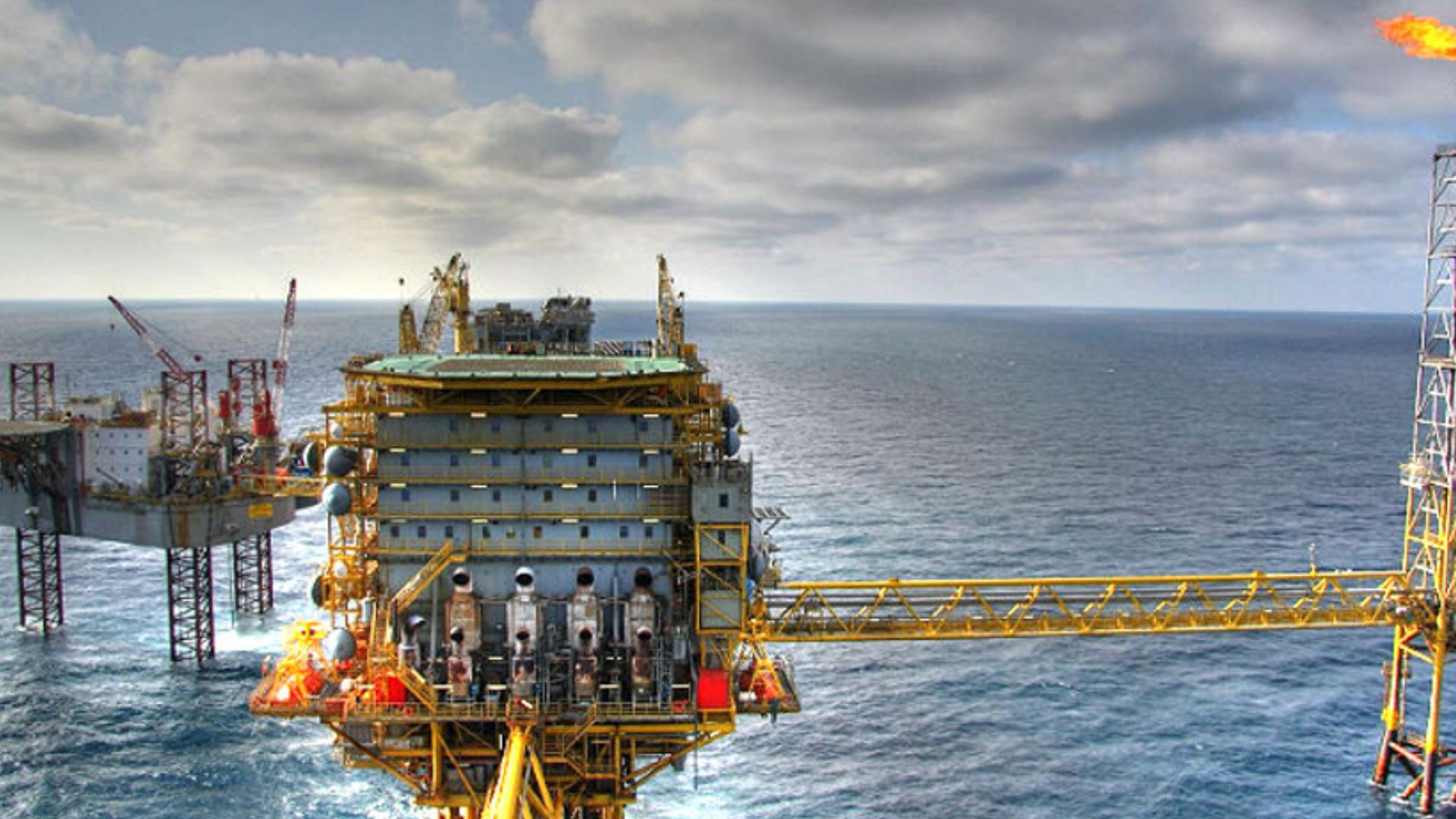Mozambique's Oil and Gas Industry: A Beacon of Potential for Economic Transformation
- Mozambique | 3 September 2023

Mozambique, a country located on the southeastern coast of Africa, has emerged as a promising player in the global oil and gas industry. Endowed with substantial offshore reserves and a strategic location, Mozambique has the potential to become a major energy hub in the region. In this article, we delve into the vast potential of Mozambique’s oil and gas industry, exploring the opportunities for economic transformation, infrastructure development, and sustainable growth.
Mozambique’s offshore reserves hold significant potential for the exploration and production of oil and gas. The Rovuma Basin, located in the northern part of the country, is a treasure trove of natural resources. Large-scale discoveries, such as the Mozambique LNG project led by Total, have put the country on the global energy map. With estimated reserves of over 125 trillion cubic feet of natural gas, Mozambique has the potential to become a leading exporter of liquefied natural gas (LNG). The exploration and development of these offshore reserves present a tremendous opportunity for Mozambique to attract foreign direct investment and establish itself as a major player in the global energy market.
To fully capitalize on the potential of its oil and gas industry, Mozambique must prioritize infrastructure development. The construction of LNG facilities, including liquefaction plants and export terminals, is crucial for the processing and transportation of natural gas. Additionally, the establishment of a robust pipeline network, both domestically and internationally, will facilitate the efficient distribution of oil and gas resources. Investing in port facilities, road networks, and power supply infrastructure is also essential to support the growth of the industry. These infrastructure projects not only create jobs but also contribute to the overall economic development of Mozambique. The development of Mozambique’s oil and gas industry has the potential to diversify the country’s economy, which is currently heavily reliant on agriculture and mining. The sector can stimulate economic growth and create a wide range of employment opportunities, from skilled engineering and technical roles to support services such as logistics, maintenance, and administration. By investing in local content and promoting the participation of Mozambican companies and workforce, the oil and gas industry can drive economic empowerment and enhance the skill sets of the local population.
The revenue generated from the oil and gas sector can be instrumental in driving socioeconomic development in Mozambique. The government can allocate a portion of the revenue to fund critical sectors such as education, healthcare, and infrastructure development, improving the quality of life for its citizens. Additionally, the industry can stimulate growth in related sectors, including hospitality, construction, and manufacturing, creating a multiplier effect on the economy. However, it is crucial to ensure transparent governance and effective management of these revenues to avoid the resource curse and promote inclusive growth.
While Mozambique pursues the potential of its oil and gas industry, it must also prioritize environmental sustainability. Effective environmental regulations, monitoring, and mitigation measures should be implemented to minimize the ecological impact of exploration and production activities. Moreover, engaging with local communities and respecting their rights and aspirations is vital. Establishing mechanisms for revenue-sharing, job opportunities, and skills development for local communities can ensure that they are active participants in and beneficiaries of the industry’s growth.
Mozambique’s oil and gas industry represents a transformative opportunity for the country’s economic development. By capitalizing on its vast offshore reserves, investing in infrastructure, and prioritizing sustainable practices, Mozambique can attract substantial investment, create jobs, and stimulate overall economic growth. However, it is imperative to strike a balance between economic development and environmental protection while ensuring the equitable distribution of benefits to local communities. With careful planning, effective governance, and a commitment to sustainability, Mozambique can harness the potential of its oil and gas industry to unlock a prosperous and inclusive future for its people.








